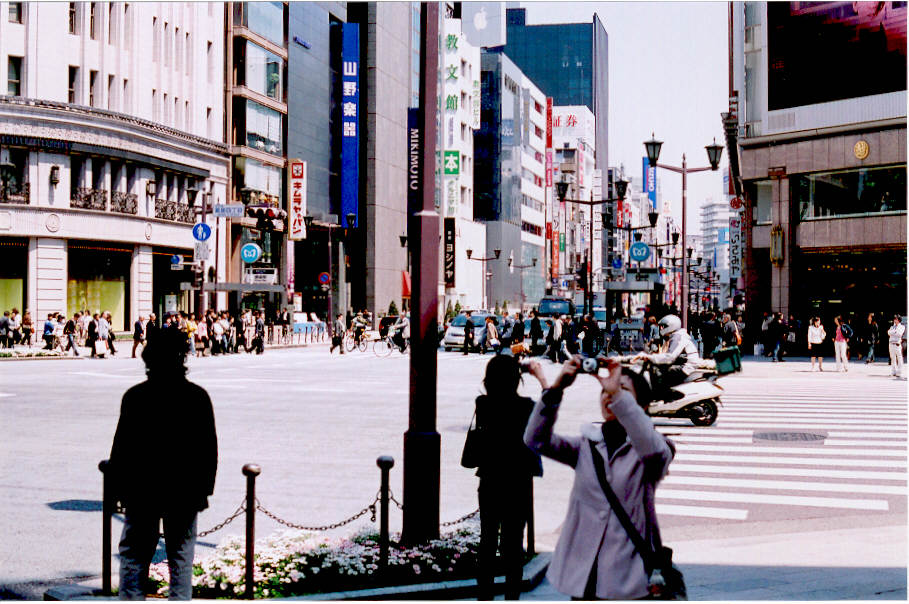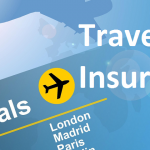Traveling is a wonderful thing. Seeing the grand world we live in, experiencing different cultures, and participating in activities that we would never have done at home are all excellent ways to grow as a person. There are many benefits to travel, and many great countries to visit. However, there are always going to be people who try to take advantage of those in a foreign country, no matter where in the world you go.
There are many kinds of scams that a traveler can come across. If you have a medical emergency, some countries, hospitals or medical professionals pay taxi drivers to bring sick or injured tourists to their facility, regardless of which is the closest. Procedures or medications may be supplied that are not necessary.
In some developing countries, there are rickshaw drivers who will take tourists on a wild goose chase around the city, bringing them to particular stores and restaurants that then provide the drivers with money every time the tourists purchase something, or even just when they walk in the door of the establishment. There is a lot of pressure on the tourists to purchase something.
Another common scam which involves taxis is when the taxi driver charges inflated rates or takes you the long way around (you may not even realize it is the long way around if you are not very familiar with the place). Worse yet, there have been incidences of kidnapping, robbery, and assault from fake taxi cabs.
In some places, people dressed up as the police will approach and ask for personal information such as debit cards and the PINs for them, to see the person’s passport, or to search their vehicle, robbing them in the process. Sometimes someone will say that they found a lost wallet and offer to share the money, then someone else will come along, claim the wallet, and demand money that was not in the wallet to begin with.
A lot of people, in order to scam you, will redirect your attention somewhere else, whether it’s by throwing items at you unexpectedly – which you will probably try to catch automatically – or by spilling something on you. Then, when your attention is elsewhere, they steal from you.
All of these scams are serious and can have a very negative impact on your trip. Falling victim to any one of them can cause embarrassment, financial strain, or even leave you stranded in the country, forcing you to find your local embassy to get back home. There are ways that you can stay safe and avoid scams while you are traveling, though. The best way is to do your research before you leave. Make sure that you are well aware of the most common types of scams that occur wherever you are going. Government websites (like the Canadian federal government website) often provide information on prevalent scams and how to avoid them. Do not skip this step. The better prepared you are the moment you step foot in a different country, the better your chances of avoiding scams altogether.
When it comes to police, research is again very important. Know what the local officials’ uniforms look like, as the scammers are banking on your ignorance. Ask to see identification, and do your best to get in contact with the local authorities to verify the identity of the people you are dealing with.
An important part of avoiding being taken advantage of is being aware and trusting your instincts. Being aware means knowing where your possessions are at all times, especially the very important ones such as your passport, identification, and money. If possible, keep these items in a money belt or something else close to your body so that it is not easy to steal. Do your best to keep your wits about you when a random accident occurs. It may not be so random. The old adage “if it seems too good to be true, it probably is” very much applies in many scam situations. If the rickshaw driver charging you 50 cents for a whole day of driving you around seems too good to be true, it probably is. Trust that you can read people, and trust your gut when it tells you something is amiss.
One good way to determine if something is off is to look around and see where the locals are and what they are doing. If you are in a restaurant that is supposed to be one of the best in the area, having been brought there by your rickshaw driver and pressured to eat, look around you. Are there locals? If not, chances are very good that you are being scammed. Do not stick around just to be nice. Do not feel bad about saying no and leaving. Protect yourself and be firm.
If you do your research before you go, keep your wits about you, and trust your instincts, you will be just fine and your travels will go as smooth as possible. Bon voyage!
Author Bio: Lena Paul is a medical school graduate who is an enthusiastic blogger and holds editorial position in PrepGenie, a test prep provider that offers exam preparation courses for GAMSAT, PCAT, LNAT, UKCAT and UMAT.




